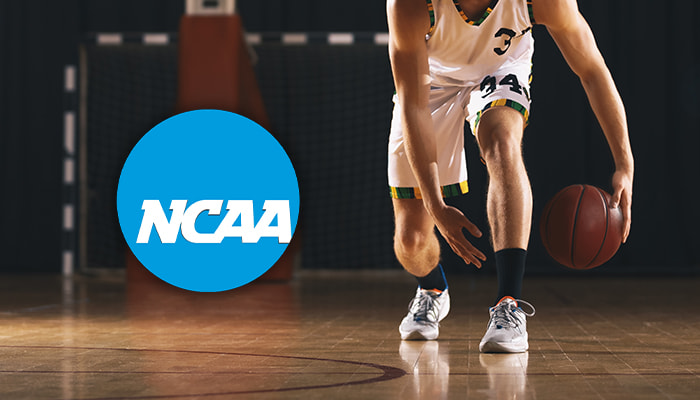NCAA Teams Under Investigation for Participating in Crime Rings

A national crime ring circulates, inviting college athletes to gambling parties – players who participate risk debt and further complications.
A Crime Ring Targeting Student-Athletes
It might remind you of a movie script, but one college official suspects these activities are actually happening. The suspicion is partially due to a season marred by questionable bets on various lesser-known schools nationwide, which imply competition may be compromised.
Chris Grant, the commissioner of the Southland Conference, shares that there’s proof such crime rings have been organizing parties and inviting athletes to attend. These gatherings often result in athletes accruing debt that organizers can later use to manipulate them.
“For us, it seems to point back to an organized crime ring that’s not just localized in the Southland footprint. It is going on around the country.”
Chris Grant, Commissioner of the Southland Conferenc
Like many commissioners of smaller conferences, Grant remains vigilant about sports wagering issues emerging from the spotlight of prominent teams, such as those in the Final Four in San Antonio. The University of New Orleans (UNO) is one of the schools whose games might be linked to a crime ring.
College Games Investigated for Suspicious Betting Patterns
Federal investigators are examining The UNO for its alleged involvement in an NBA betting scandal with Jontay Porter. The ring bet on at least two New Orleans men’s basketball games this season. After a late January game, four New Orleans players were suspended, presumably due to a sports gambling investigation. The team ended the season with a 4–27 record.
Sportsbooks first spotted unusual patterns during the 2023-24 college basketball season and pointed to a UAB-Temple game in March 2024. Other incidents that raise doubts involve lower-level Division I teams -Mississippi Valley State, Eastern Michigan, and North Carolina A&T. Investigations continue, but the details behind the targeted games remain unclear.
Since legal sports betting started spreading in the US in 2018, there hasn’t been any conviction in college basketball, but the NCAA is concerned this streak might change. Mark Hicks, NCAA’s managing director of enforcement, shares the league wants to believe game results are unpredictable but agrees that “it’s a fragile system”.
Preventing Prop Bet Manipulation: NCAA Initiatives
The theory is that gamblers with inside information tend to wager coordinately rather than place individual bets. Such is the case with some of the teams under investigation. Despite the odds being against them, a surge of bets in their favor began showing up and didn’t stop.
The NCAA is concerned about what comes next, especially regarding individual prop bets that are easily influenced. Over/under wagers, including points or rebounds, seem innocent ways for players “to place bets on themselves”, Hicks commented.
The NCAA holds conferences and on-campus compliance offices to counteract gambling rings where players can receive support and information. Guest speakers, in-person sessions, and online programs are available to educate athletes.
To prevent compromising situations, the Southland Conference collaborates with IC360, an integrity compliance firm used by college sports with higher revenues. Stevin “Hedake” Smith, involved in a point-shaving scandal at Arizona State in the 1993-94 season, now works with Epic Global Solutions. As an ambassador, he partners with the NCAA to educate athletes about the dangers of gambling.
 by
by